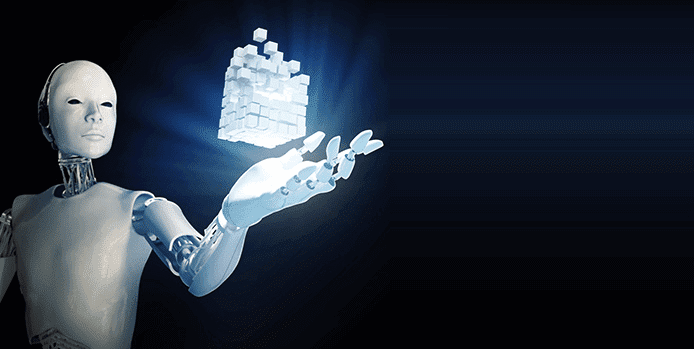Will AI Replace Human Translators
Certainly the question of the moment. For C-Level executives the question is constantly being asked – can’t we just use AI and replace the slow, manual human translation process?
Machine are much faster and cheaper than humans. However we’re not there yet. Machines might be faster – but they are better at making mistakes in translation and are not able to check – yet.
Whilst AI can certainly help with some of the basic translation there is still a long way to go before humans are obsolete.
Some of the key challenges are as follows:
Nuance and Context:
- AI lacks the ability to capture nuance. Each language has its unique grammatical rules, semantics, syntax, and cultural influences. Human translators excel at understanding these subtleties and conveying them accurately.
- Cultural context is crucial in translation. Machines struggle to grasp the cultural nuances that shape language usage. Humans can spot these differences easily.
- Word differences. Row, has multiple meanings. 3 in a row, we had a row (fight), we had a row in a boat. All different translations. Machines struggle with this type of translation without context.
Subjectivity and Humor:
- While AI excels in objective tasks (like playing chess or diagnosing diseases), it still struggles with subjectivity and humor. These aspects are deeply human and often defy rigid algorithms.
- Humor is difficult to translate.
- In Ireland we say it rains Cats and Dogs, in France they say Chains and Ropes.
Flexibility and Adaptability:
- Human translators adapt to changes in content and direction. They can adjust their approach based on context, client preferences, and evolving requirements.
- AI translations lack this level of flexibility and adaptability. They follow predefined patterns, which may not always align with the language.
Accuracy and Authenticity:
- AI translation relies on statistical models and algorithms. While it has improved significantly, it’s still 60-90% accurate.
- Human translators provide a level of authenticity that AI cannot match.
Human Touch:
- Emotional connection matters in communication. Clients value the personal touch that human translators bring to their work.
- AI lacks empathy and may not always deliver the best or even correct style for your target audience. Remember your translation is read and used by your customers, Humans with emotions. If it has no human touch – then perhaps your organization will be seen in the light.

